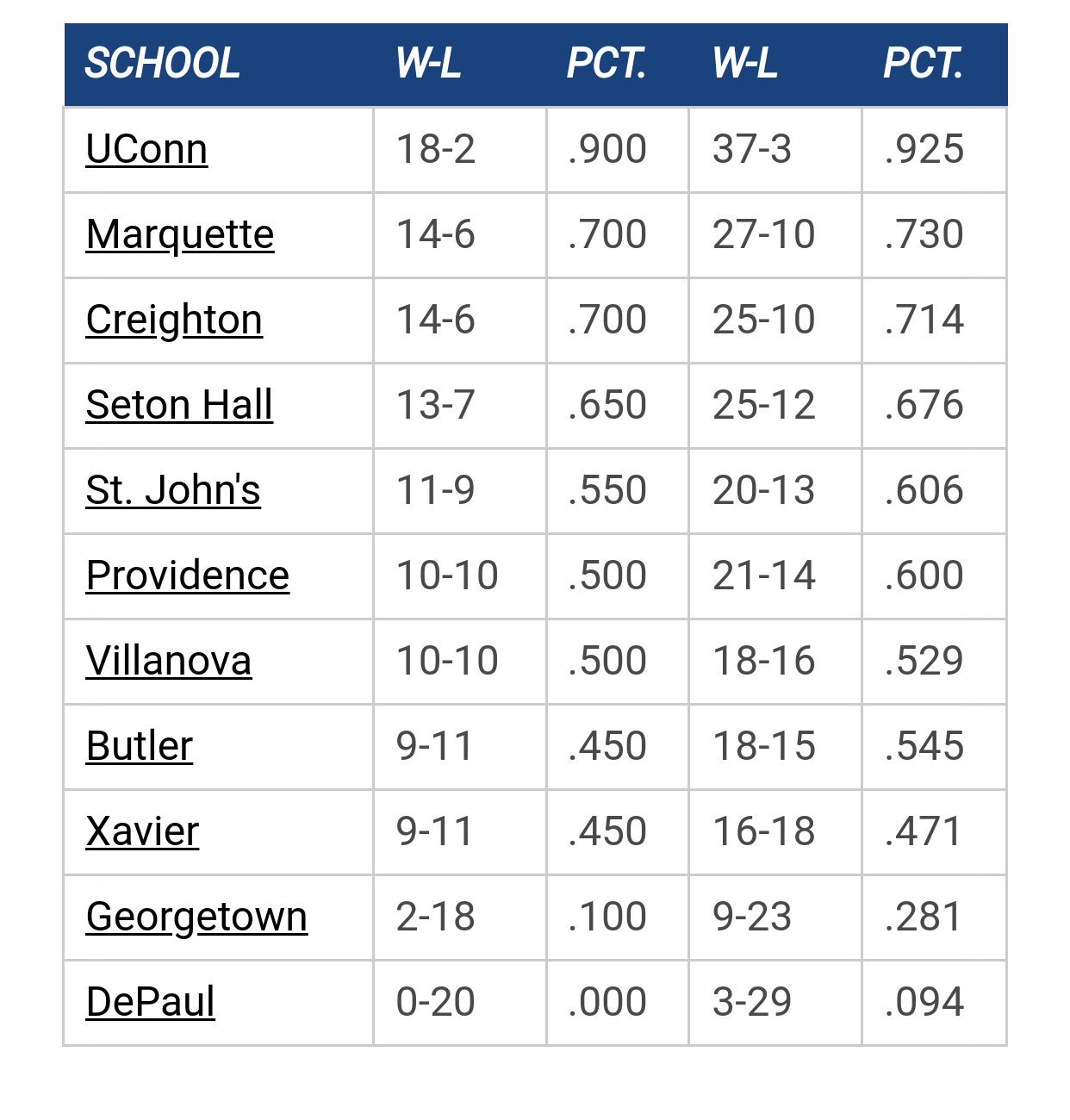- Welcome to MUScoop.
Senior shooting by MU82
[Today at 09:57:54 PM]
Our Future by MuggsyB
[Today at 09:49:41 PM]
2025-26 Big East Thread by Johnny B
[Today at 09:46:42 PM]
Radio show 2/5 by Pakuni
[Today at 09:24:43 PM]
2025-26 College Hoops Thread by The Sultan
[Today at 08:01:54 PM]
2026 Transfer Portal Wishlist by StillWarriors
[Today at 07:47:34 PM]
Going Positive by Scoop Snoop
[Today at 05:54:22 PM]
[Today at 09:57:54 PM]
Our Future by MuggsyB
[Today at 09:49:41 PM]
2025-26 Big East Thread by Johnny B
[Today at 09:46:42 PM]
Radio show 2/5 by Pakuni
[Today at 09:24:43 PM]
2025-26 College Hoops Thread by The Sultan
[Today at 08:01:54 PM]
2026 Transfer Portal Wishlist by StillWarriors
[Today at 07:47:34 PM]
Going Positive by Scoop Snoop
[Today at 05:54:22 PM]
The absolute only thing required for this FREE registration is a valid e-mail address. We keep all your information confidential and will NEVER give or sell it to anyone else.
Login to get rid of this box (and ads) , or signup NOW!
Butler Date/Time: Feb 7, 2026, 1:00pm TV: FS1 Schedule for 2025-26 |
||||||
User actions


